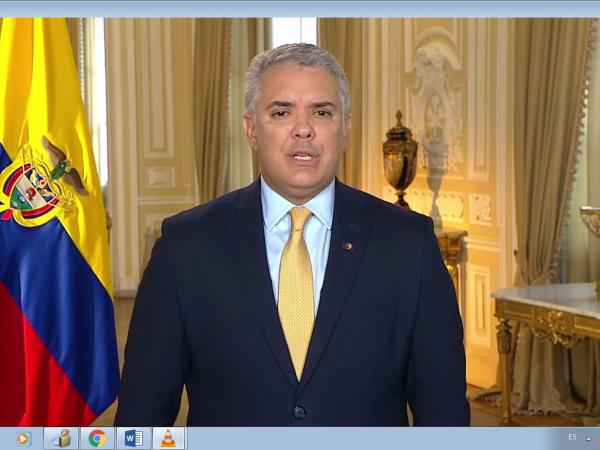“We see with concern the sustainable increase in cases related to criminal offenses at the municipal level, and of course it seems to us of the utmost importance to stop and do an analysis, and see if it is a trend or if it is a temporary situation, and what measures we can adopt.
That was the impression of the president of the State Defense Council (CDE), Juan Peribonio, after confirming that more than half of the country’s municipalities are being investigated for corruption.
And it is that according to the figures provided by the state agency, during a seminar organized by the CDE to analyze the strengthening of probity and the prevention of these crimes, 52.17% of the country’s municipalities are linked to some criminal investigation.
As detailed by the CDE, in 2010 166 cases entered, in 2015 they almost tripled and in 2020 there were 689 processes. Since then, a stock of current cases has been maintained, as of November 2021, of 1,119, distributed in 260 of the 345 municipalities in the country.
Of this universe, according to information consigned by The Mercury, 489 correspond to criminal matters in which crimes of treasury fraud, embezzlement of public funds, bribery, incompatible negotiation, influence peddling, among others, associated with 180 municipalities are investigated.
Another figure that caught the attention of the CDE is that 23.5% of criminal cases are concentrated in 11 municipalities. Among them, Tierra Amarilla, Talcahuano, Ñuñoa, Pirque, San Joaquín, Recoleta, Viña del Mar, Cerro Navia, San Fernando, Punta Arenas and San Ramón.
Peribonio highlighted the incorporation of a specialized unit in municipal matters, since “it is a matter of the greatest importance and directly affects the most vulnerable sectors when it comes, for example, to attention in matters of education or health.”
The head of the CDE also asked for progress in the constitutional sphere, “so that the principle of probity can be specified through an exemplary sanction enshrined in the Constitution, such as the one we have in article 28 of the Penal Code, which states that those convicted with sentences of imprisonment or imprisonment that entail absolute perpetual disqualification from positions, public offices and political rights, and absolute disqualification from regular professions for the duration of the sentence.
“This should have constitutional status, so that someone who has been convicted of this type of crime can never again run for public office,” Peribonio said.
The national prosecutor (s), Claudia Perivancich, meanwhile, who also participated in the CDE seminar, indicated that one of the complexities to investigate is in the “registration systems, in the different mechanisms of information support of the municipality , of its accounting and movement. Its income and expenses are not uniform between one municipality and another, but there is no national guideline to adjust these criteria”.
For his part, the comptroller general of the Republic, Jorge Bermúdez, stated in the forum that they see “with frustration many times when all the work is done, the audit, then a summary comes with the proposal of sanction for serious misconduct to the And who must apply that sanction is the (municipal) council, taking it before the Regional Electoral Court (TER), but the council, for political reasons, does not do that job, and therefore that summary for serious lack of probity comes to nothing, and that is obviously a disincentive”.
Meanwhile, the secretary of the Supreme Court, Jorge Sáez, focused his presentation “on the fact that the phenomenon of corruption has a single origin: that it exists in organizations and that it allows the use of public resources.”








